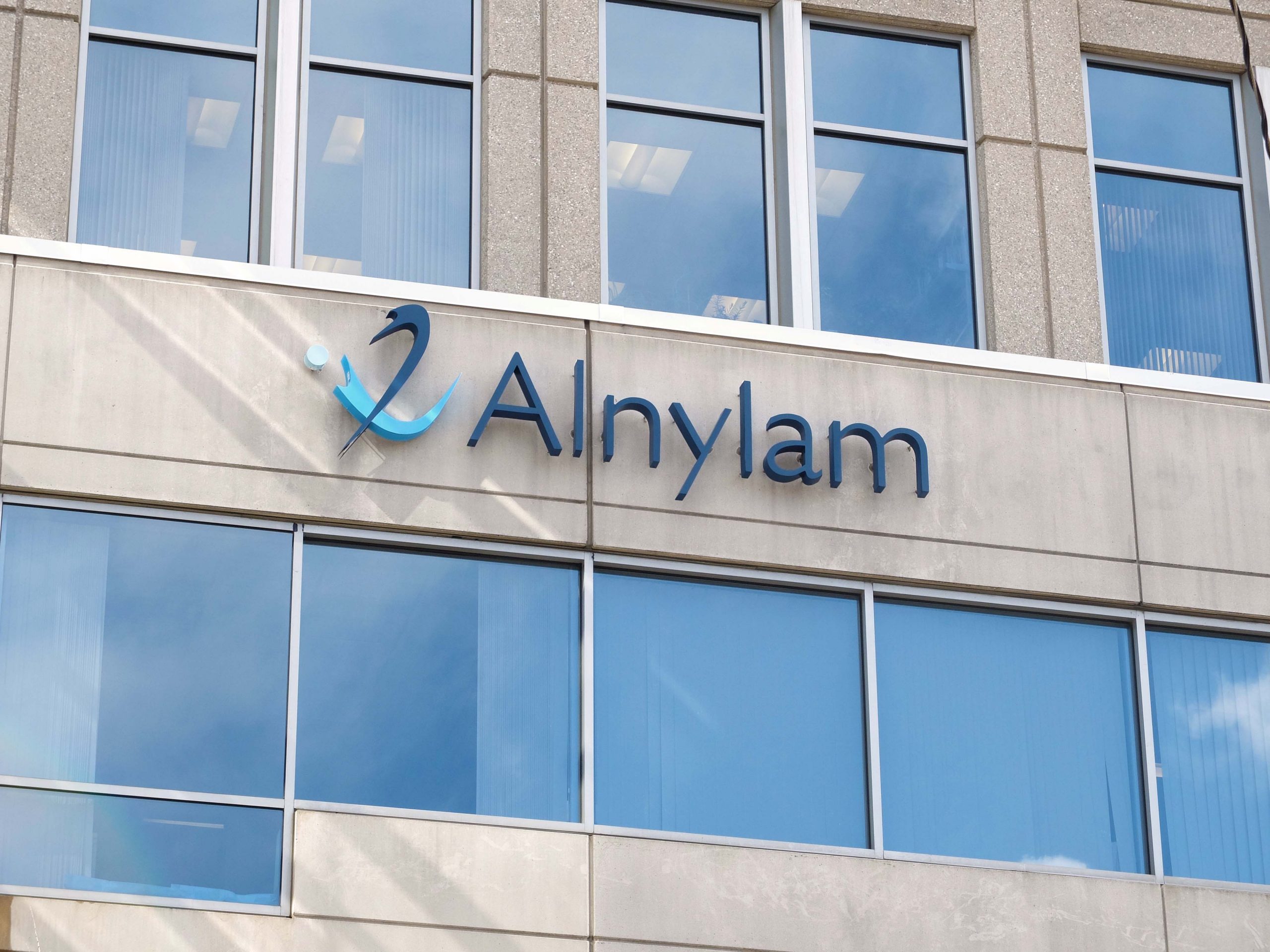Alnylam plunges after deaths in rare disease trial

Alnylam has been forced to abandon one of its most advanced 'RNA interference' drugs after it produced a worrying number of patient deaths in trials.
The Cambridge, Massachusetts company is a leader in the gene silencing technology known as RNA interference, and investor confidence has given it the highest market capitalisation of any biopharma company with no product yet on the market - a figure which stood at over $6 billion before yesterday's news.
But now Alnylam is to abandon revusiran, its second most advanced candidate after 18 patients in the treatment arm of a phase 2 trial died, a much higher rate than those taking placebo.
Shares plunged almost 45% to $70.30 in pre-opening trading on the NASDAQ stock exchange following the announcement.
It had already taken the advice of an independent data monitoring committee and suspended dosing on the ENDEAVOUR trial, but the company has decided to end development of revusiran for hereditary ATTR amyloidosis with cardiomyopathy (hATTR-CM).
This potentially fatal disease occurs when amyloid fibrils, similar to those thought to cause Alzheimer's, build up in the heart and nervous system, leading to nerve damage, disability and sometimes death.
The company acted after data from the phase 2 OLE showed worsening damage, which caused the committee overseeing the phase 3 trial to assess the drug’s safety.
The committee did not find a drug-related neuropathy signal, but after an unblinded review of the mid-stage data, the committee found that the benefit-risk profile for revusiran was unfavourable.
Alnylam said the data “revealed an imbalance of mortality in the revusiran arm compared to placebo.”
The decision does not affect lead product patisiran, in phase 3 development for hATTR amyloidosis with polyneuropathy, or any of the other RNAi drugs under development.
There is no evidence of a drug-related neuropathy signal in any of the company’s other drugs under development, including a treatment for hypercholesterolemia being developed in partnership with The Medicines Company.
Alnylam has already endured many dramatic ups and downs since it was founded in 2002, but expectations have never been so high.
The company has set itself the target of having three products on the market by 2020, and the loss of revusiran is a clear blow to that goal.
Alnylam will now look for answers as to what caused the increased deaths, and must hope for some clear signal that they were not tied to the drug's mechanism, which is shared by most its pipeline candidates.











